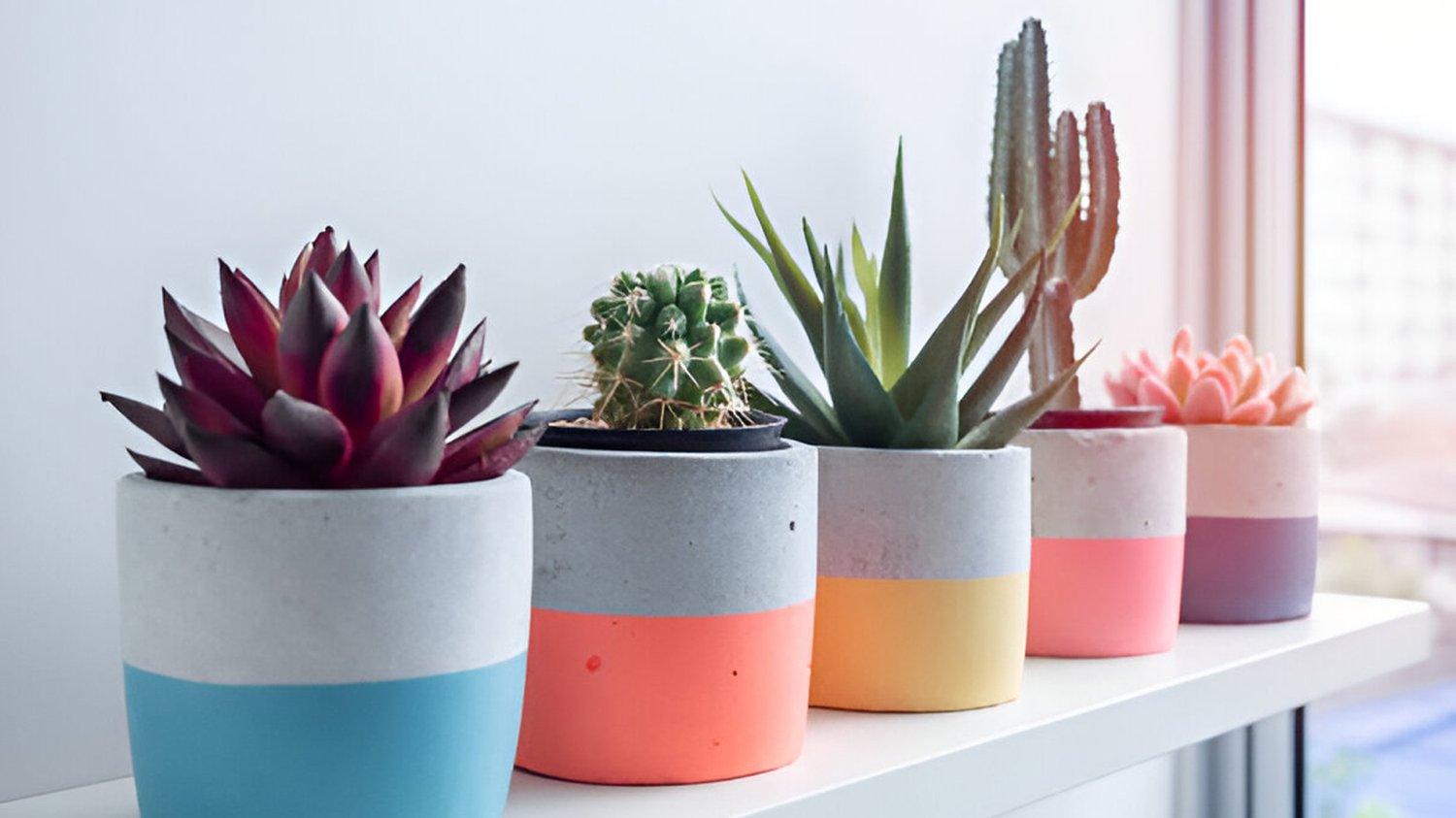Are cement pots toxic to plants?? Here's What You Need to Know
When shopping for plant pots, you might stumble upon cement pots as a viable option due to their durability and overall aesthetics. However, one would question: are cement pots toxic to plants? It's a fair concern to have especially when it comes to the wellness of your plants. In this article, we'll delve into the different aspects of cement pots that may affect your plants.
1. Cement is Alkaline
One thing to consider when using cement pots for your plants is the alkalinity of cement. As cement is made up of different ingredients such as limestone, it's naturally high in alkaline, making it a basic substance. This may cause problems for certain plants that enjoy acidic soil such as blueberries and azaleas.
2. Cement can Affect Soil pH
If you're already using cement pots, it's vital to test the pH level of your soil regularly. Cement pots may raise the pH level of your soil, making it too harsh for your plants. In this case, you may have to incorporate soil amendments such as peat moss and sulfur to lower the pH level to an appropriate level for your plants to thrive in.
3. Cement Pots may Cause Moisture Retention Problems
Cement pots may have poor drainage abilities causing water to build up at the bottom of the pot, leading to root rot and other fungal diseases. Additionally, cement pots can retain moisture for an extended period, causing other plants that prefer drier conditions, to suffer and eventually die off. You may have to implement drainage holes or line the bottom with stones or sand to prevent water buildup.
4. Cement Pots Can be Heavy
Another factor that may impact your plants' health when using cement pots is its weight. Cement pots are very heavy, especially when they've been planted with soil and your favorite plants. Their weight may make it challenging to move or shift your plants during changes in weather or redesigning your garden. This may cause stress on your plants, affecting their roots and stems.
5. Cement Pots May Cause Algae Growth
Algae growth is a common problem when using cement pots as they hold water for an extended period. The prolonged moisture creates an environment that is conducive to algae growth, which can affect the overall health of your plants. While algae itself may not be toxic to your plants, it may suffocate them by cutting off air flow.
6. Cement Pots can Cause Chemical Leaching
Cement pots may contain chemicals that can leach into the soil and get absorbed by the plants. These chemicals can have a harmful effect on your plants' growth and health. To avoid this, pre-soak your cement pots before planting your plants to prevent any potential leaching.
7. Cement Pots Should be Cured
Before starting to use your newly acquired cement pots, it's essential to cure them. This involves soaking the pot for a prolonged period, allowing it to release any excess alkalinity. Failure to cure your pot may cause stress to your plants and be detrimental to their growth.
8. Cement Pots can be Stylish
While there may be concerns surrounding the use of cement pots, they offer a unique aesthetic appearance, making them ideal for specific plants' displays. Their natural grey or off-white color, combined with their unique textures, makes them a popular choice among gardener's looking for a touch of elegance for their garden space.
9. Cement Pots are Durable
One thing you cannot fault cement pots for is their durability. They are long-lasting, capable of withstanding harsh weather conditions that would otherwise destroy other pots made from different materials. This makes them a practical option for gardeners looking for a container that can withstand the test of time.
10. Cement Pots are Ideal for Particular Plants
While it's easy to assume that cement pots are unsuitable for all plants, suprisingly there are plants that do well in them. Succulents and cacti are excellent examples of plants that would thrive in soil that is typically too dry or almost arid. Additionally, plants that prefer alkaline soil may find a home in cement pots.
Final Thoughts
Are cement pots toxic to plants? The answer to this question is not as simple as yes or no. While certain plants may react negatively to the alkaline nature of cement or its ability to retain moisture, it's still a popular choice among gardeners for its durability and unique style. Remember to pre-soak and cure your cement pots, test the pH levels of your soil, and provide adequate drainage to prevent moisture buildup. And as always, when in doubt, do your research and consult with a certified horticultural expert for advice.

